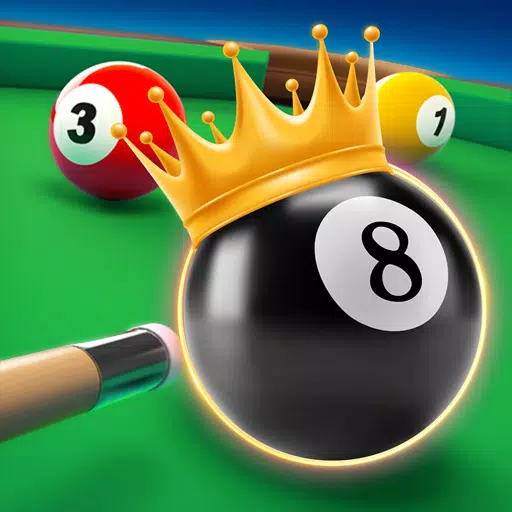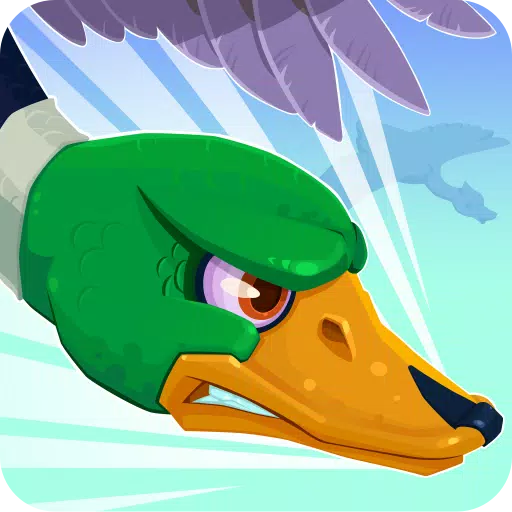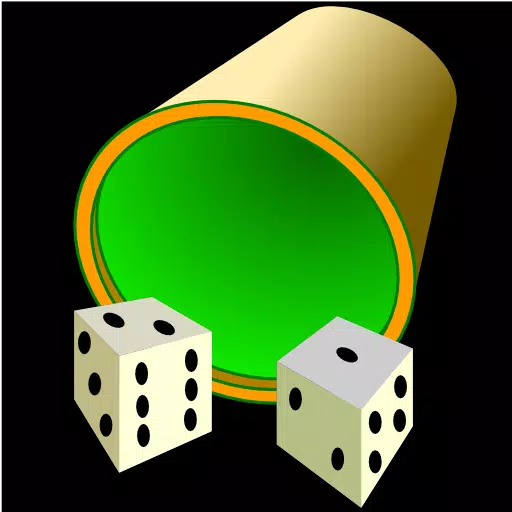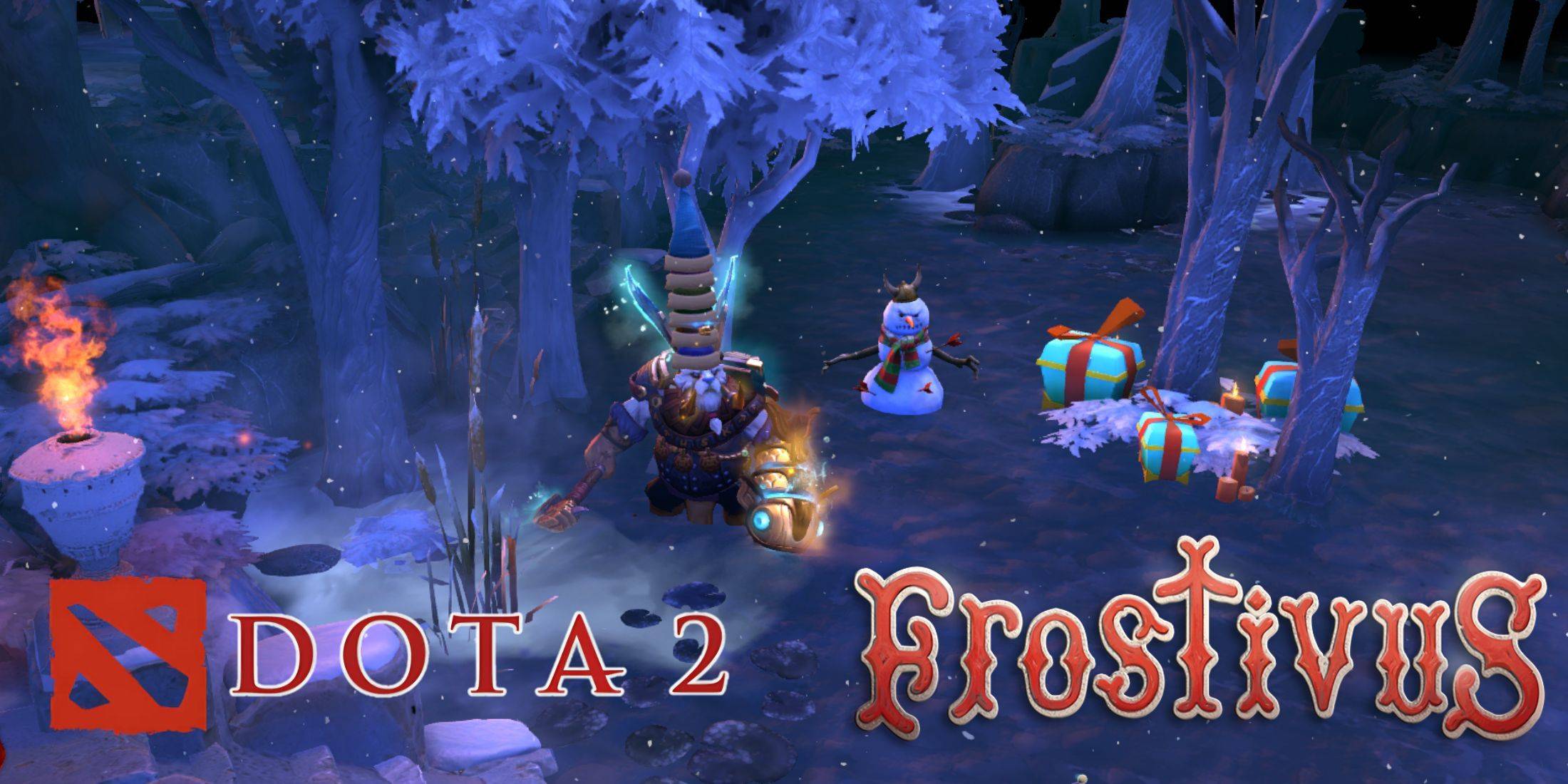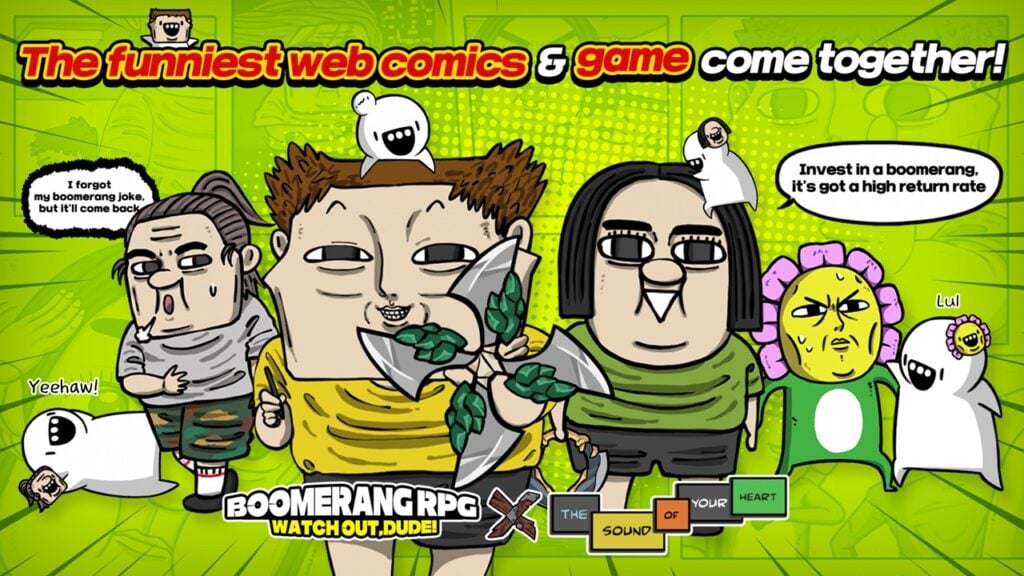The Pokémon Company successfully defended its intellectual property in a copyright lawsuit against Chinese companies that copied Pokémon characters, winning a $15 million judgment.
Pokémon Company Triumphant in Copyright Infringement Case
The Pokémon Company secured a significant victory against several Chinese companies accused of copyright infringement and intellectual property theft, receiving $15 million in damages. The lawsuit, filed in December 2021, alleged the creation of a game, "Pokémon Monster Reissue," that blatantly copied Pokémon characters, creatures, and gameplay.
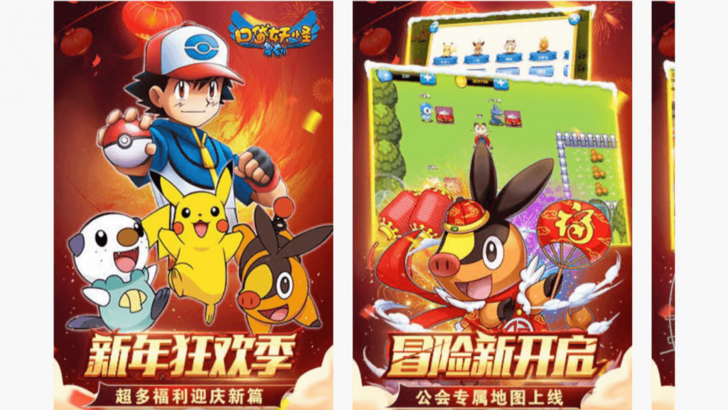
Launched in 2015, "Pokémon Monster Reissue" featured striking similarities to the Pokémon franchise. Characters closely resembled Pikachu and Ash Ketchum, and the game mirrored the series' signature turn-based battles and creature collection mechanics. While acknowledging the existence of other monster-catching games, The Pokémon Company argued that "Pokémon Monster Reissue" went beyond inspiration, constituting blatant plagiarism. Evidence included the game's icon, which used Pikachu artwork from Pokémon Yellow, and advertisements featuring Ash Ketchum, Oshawott, Pikachu, and Tepig, virtually unchanged. Gameplay footage further revealed familiar characters like Rosa from Black and White 2 and Charmander.
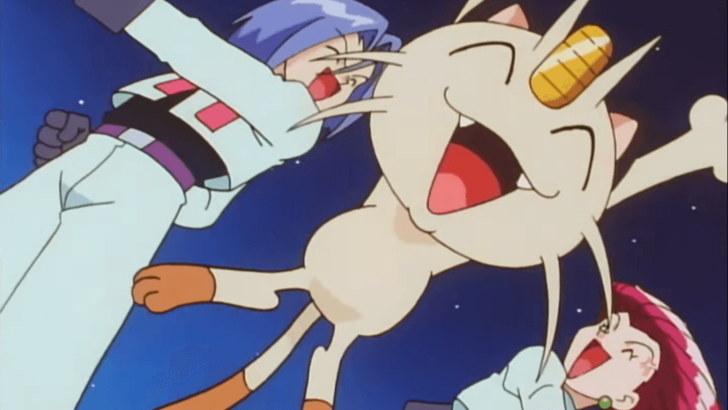
Initially seeking $72.5 million in damages, a public apology, and a halt to the game's development and distribution, The Pokémon Company ultimately secured the $15 million award from the Shenzhen Intermediate People’s Court. Three of the six sued companies reportedly plan to appeal. The Pokémon Company affirmed its commitment to protecting its intellectual property, ensuring fans worldwide can enjoy Pokémon content without disruption.
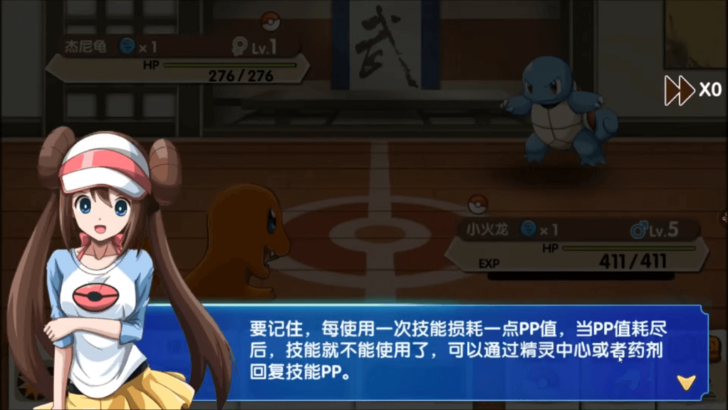
Balancing IP Protection and Fan Creativity
The Pokémon Company has faced past criticism for addressing fan projects. Former Chief Legal Officer Don McGowan clarified that the company doesn't proactively seek out fan projects but intervenes when projects cross a defined threshold. He stated that action is typically taken after a project secures funding, explaining that "No one likes suing fans." McGowan noted that the company often learns of fan projects through media or personal discovery, highlighting the unintended consequences of publicity. Despite this policy, takedown notices have been issued for projects with limited reach, including fan-made tools, games like Pokémon Uranium, and viral videos.
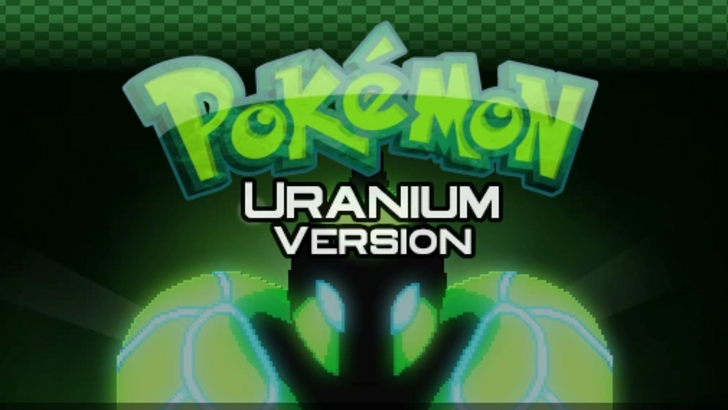
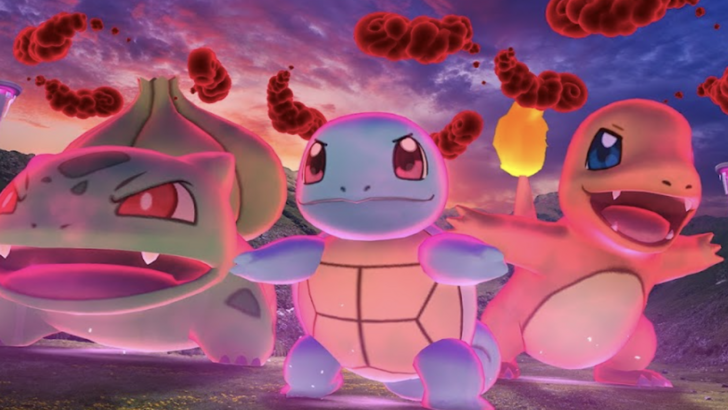
 Home
Home  Navigation
Navigation






 Latest Articles
Latest Articles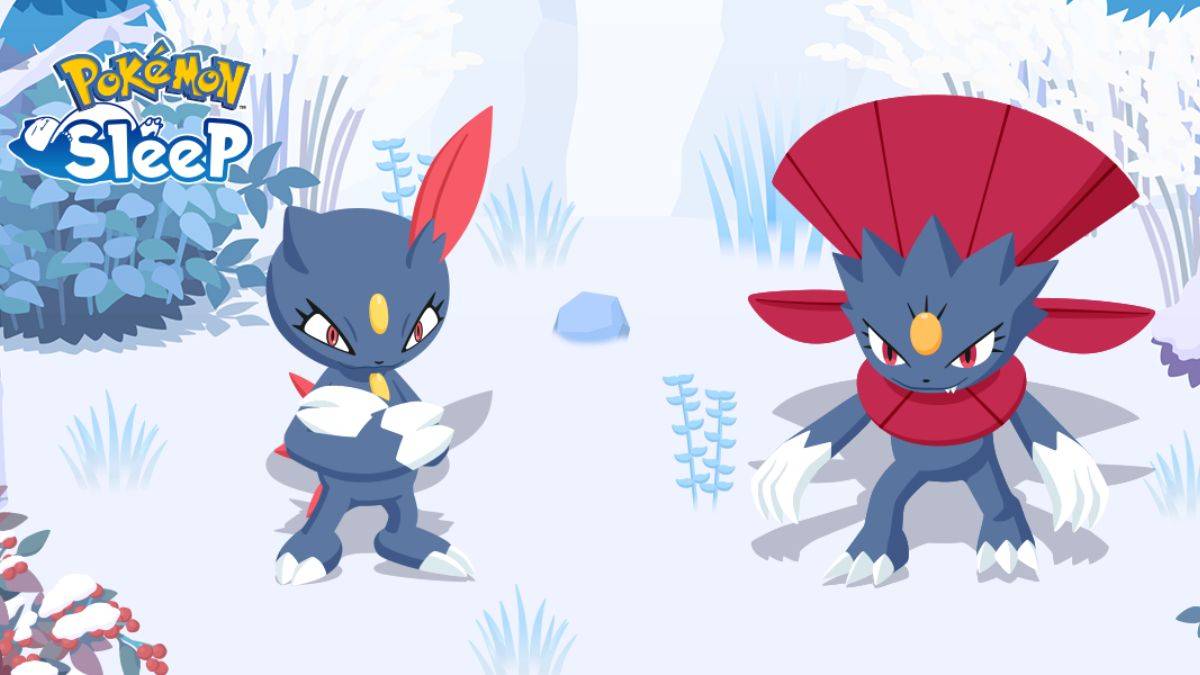
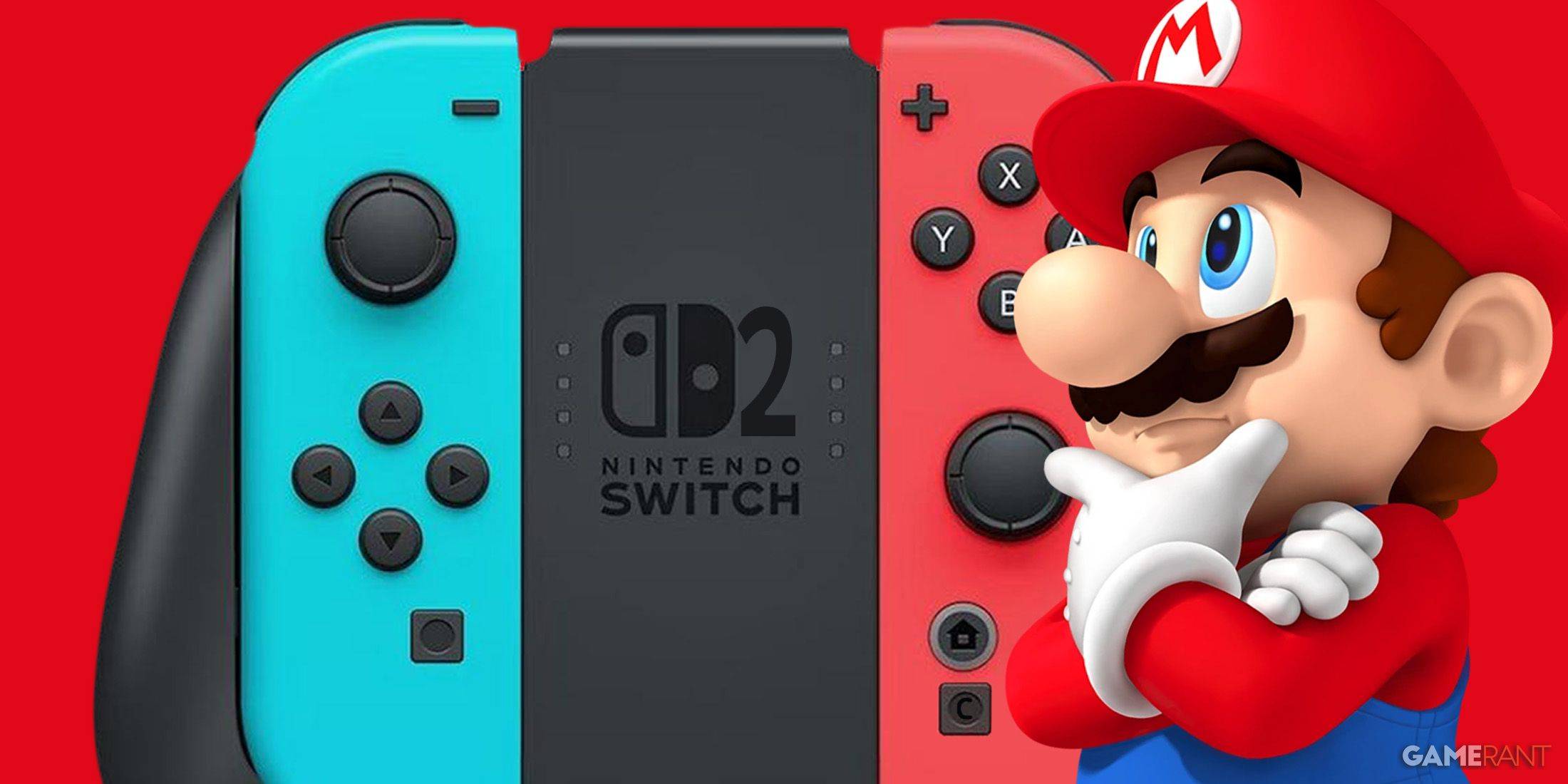









 Latest Games
Latest Games